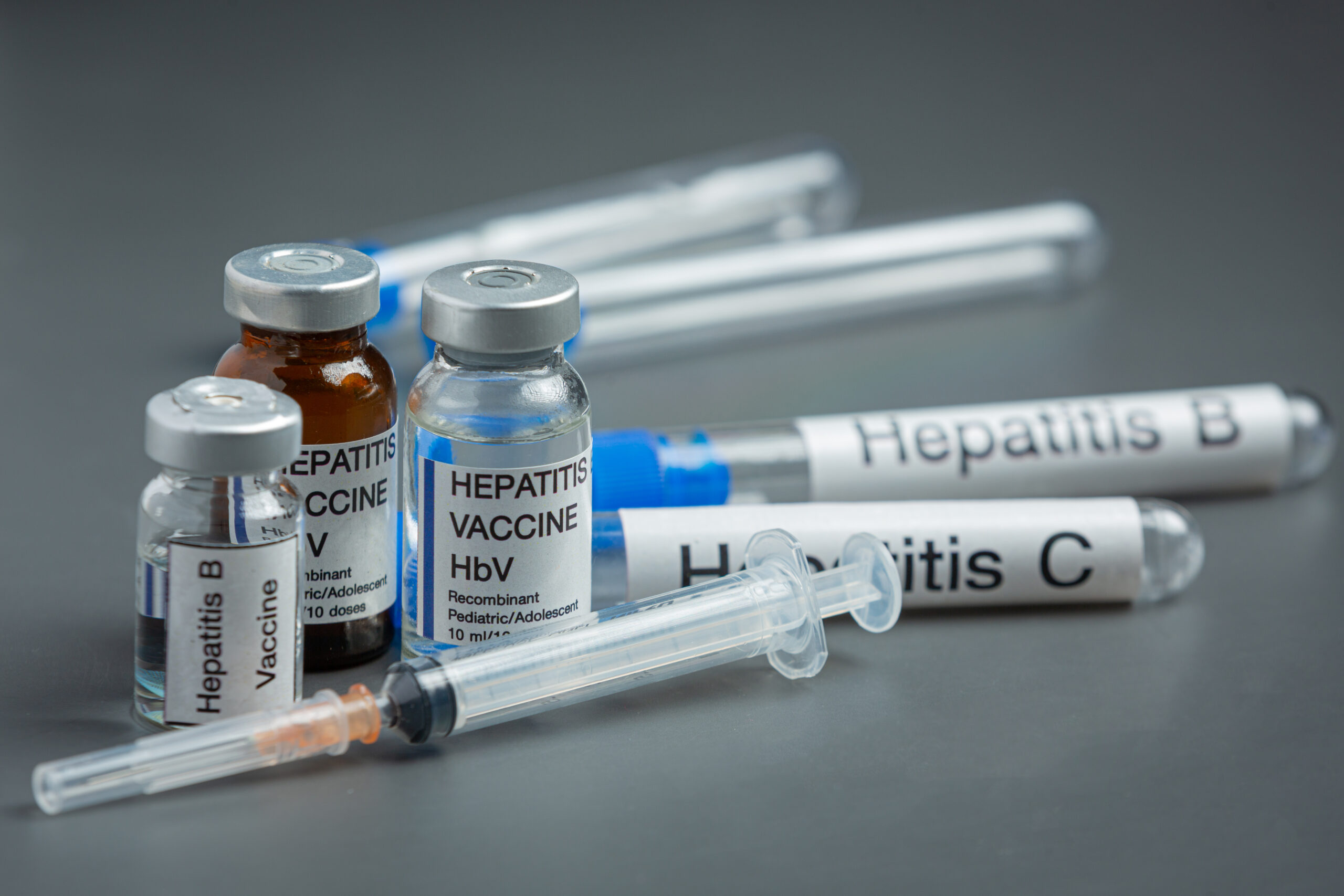Simply put, Hepatitis is the inflammation of the liver. Of a vital organ in your body regulating chemical levels in your blood and fighting infections. The role is, of course, pretty vital, and if not cared for properly, the virus can have serious ramifications. Which, in certain cases, can even mean fatality.
While causes include alcohol abuse, medications, unsafe medical practices, medical conditions, and certain toxins, a big part of the severity factor depends on the hepatitis type. There are primarily five types (A, B, C, D, and E). And while the first three are often most discussed, but since it’s World Hepatitis Day today, what would be a better occasion to shed equal light on all five types than this one?
Hepatitis A
Type A Hepatitis occurs when a person ingests fecal matter, usually through eatables and drinkables, but also through unsafe sexual activities and close physical contact.
Seriousness: Moderate, but also severe if already suffering from hepatitis B and C
Symptoms: Abdominal and bowel discomforts, including diarrhea. Fever, nausea and vomiting, dark urine, loss of appetite, and jaundice are also among the most common symptoms
Recuperation: Few weeks to few months. Lasting damage is rare
Vaccination: Available
Hepatitis B
Infection for this one happens from an infected person to a non-infected one. The most common carriers become the body fluids, including blood and semen.
Seriousness: Moderate to severe, especially when the condition becomes chronic
Symptoms: Same as the ones listed for type A
Recuperation: 4 to 8 weeks. However, 15-25% of cases become chronic
Vaccination: Available
Hepatitis C
Hepatitis C once again spreads from person to person. Be it birth to an infected mother or sharing of equipment like syringes and razors between the one with Hepatitis C and one who isn’t, the transfer of infected blood is the cause.
Seriousness: Mild to severe. For up to 85%, the condition becomes chronic, lasting for more than 6 months.
Symptoms: Bleeding and bruising easily, jaundice, dark coloured urine, skin itch, fatigue, loss of appetite, swelling in legs
Recuperation: 2 to 12 weeks. Can commonly become chronic, which can only be managed, not cured
Vaccination: Not available
Hepatitis D
Hepatitis Delta Virus (HDV) or simply, Hepatitis D, is not as common as the three forms listed above. Part of the reason is that it can only affect you if you are already infected with hepatitis B (HBV). Through the blood and other bodily fluids of the infected person, it can infect the one who is not.
Seriousness: Severe
Symptoms: Same as the ones listed for type A
Recuperation: No cure available yet, can only be managed
Vaccination: Not available, but the vaccine for hepatitis B helps the fighting cause
Hepatitis E
Sort of a cross between A and D in terms of characteristics, hepatitis E (HEV) enters a non-infected body through the ingestion of fecal matter of a person infected with the E type. It’s more common in places where hygiene, especially hand-washing practices, remains poor.
Seriousness: Mild, recovery rates are healthy. Can be severe for pregnant women, though
Symptoms: Same as the ones listed for type A
Recuperation: 2-6 weeks, unless a condition of acute liver failure (fulminant hepatitis) develops
Vaccination: While there is an approved vaccine in China, most of the world remains without a vaccine for HEV
The fact remains that there is a severe lag in medicine when it comes to a permanent cure for hepatitis. And while the world will move at its own pace, it is essential to understand that hepatitis is one, completely avoidable, and two, can be managed medically given you are swift about getting it proper healthcare attention.
To avoid its catch, all it requires are healthy hygiene practices in general, and avoidance and caution when it comes to items like syringes, razors, toothbrushes, etc.
If you suffer from any form of hepatitis, remember, the home health services of Annie’s Place can help you navigate through life’s challenges.

